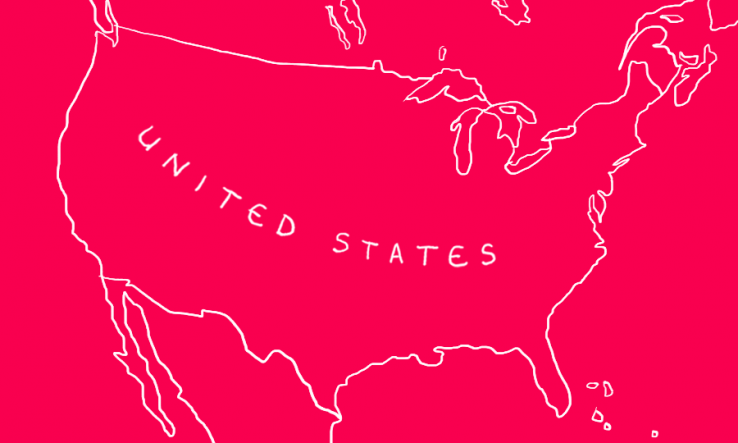
This week: supporting the humanities, quantifying monkeypox research and boosting LGBTQI+ researcher visibility
In depth: The US should focus on protecting its own capacity to innovate rather than on guarding its innovations from other nations, according to the National Academies of Sciences, Engineering and Medicine.
Full story: US urged to take more open approach to R&D
Also this week from Research Professional News
Presidential advisers share Chips and Science Act plan—Council calls for distributed coalitions specialising in different aspects of the semiconductor industry
US and European researchers win Nobel chemistry prize—Discoveries of 2022 winners led to “revolution” in scientific thinking, says prize committee
Quantum pioneers win Nobel physics prize—Prize for 2022 recognises experiments with photons including “spooky” teleportation
Here is the rest of the US news this week…
Biden reinstates arts and humanities committee
President Joe Biden has re-established the President’s Committee on the Arts and the Humanities, which was dissolved by his predecessor. The committee will advise the president and leaders of three major cultural agencies—the Institute of Museum and Library Services, the National Endowment for the Humanities and the National Endowment for the Arts—on policy objectives and fundraising. In a proclamation coinciding with the reinstatement, Biden renewed his administration’s commitment to arts, humanities, museums and libraries, declaring October to be National Arts and Humanities Month. “My administration is committed to making the arts and humanities more accessible to people of every age and background, uplifting more voices, inspiring new generations and showing the full power of our example as a great nation,” said Biden.
Government shares progress on monkeypox research
The Department of Health and Human Services has published a comprehensive list of federally funded monkeypox research efforts. Alondra Nelson, head of the White House’s Office of Science and Technology Policy, and Andrew Hebbeler, the OSTP’s principal assistant director for health and life science, wrote in a briefing document that the move was part of the federal government’s effort to increase transparency during outbreaks and be responsive to requests from the scientific community. “We hope to catalyse deeper federal and non-federal scientific engagement to drive science and accelerate the domestic and global monkeypox response,” they wrote. To date, the department has supported monkeypox research projects with more than $300 million. More funding has also been supplied by other departments and agencies, while the Biden administration has requested a further $200m from Congress to plug research gaps.
‘Invisibility’ of LGBTQI+ scientists causes concern
The Federation of American Societies for Experimental Biology has urged the federal government to collect more data on LGBTQI+ people in science, technology, engineering and mathematics. It is “imperative that robust nationwide demographics are collected on sexual orientation and gender identity” to more accurately identify and address inequalities, Faseb said. “The invisibility of LGBTQI+ scientists is problematic, particularly when considering mentoring and developing the next generation of talented researchers…The lack of data collection on these scientists perpetuates this problem.” An interagency group has been tasked with developing a Federal Evidence Agenda on LGBTQI+ Equity, which will “improve the federal government’s ability to make data-informed policy decisions that advance equity for the LGBTQI+ community”.